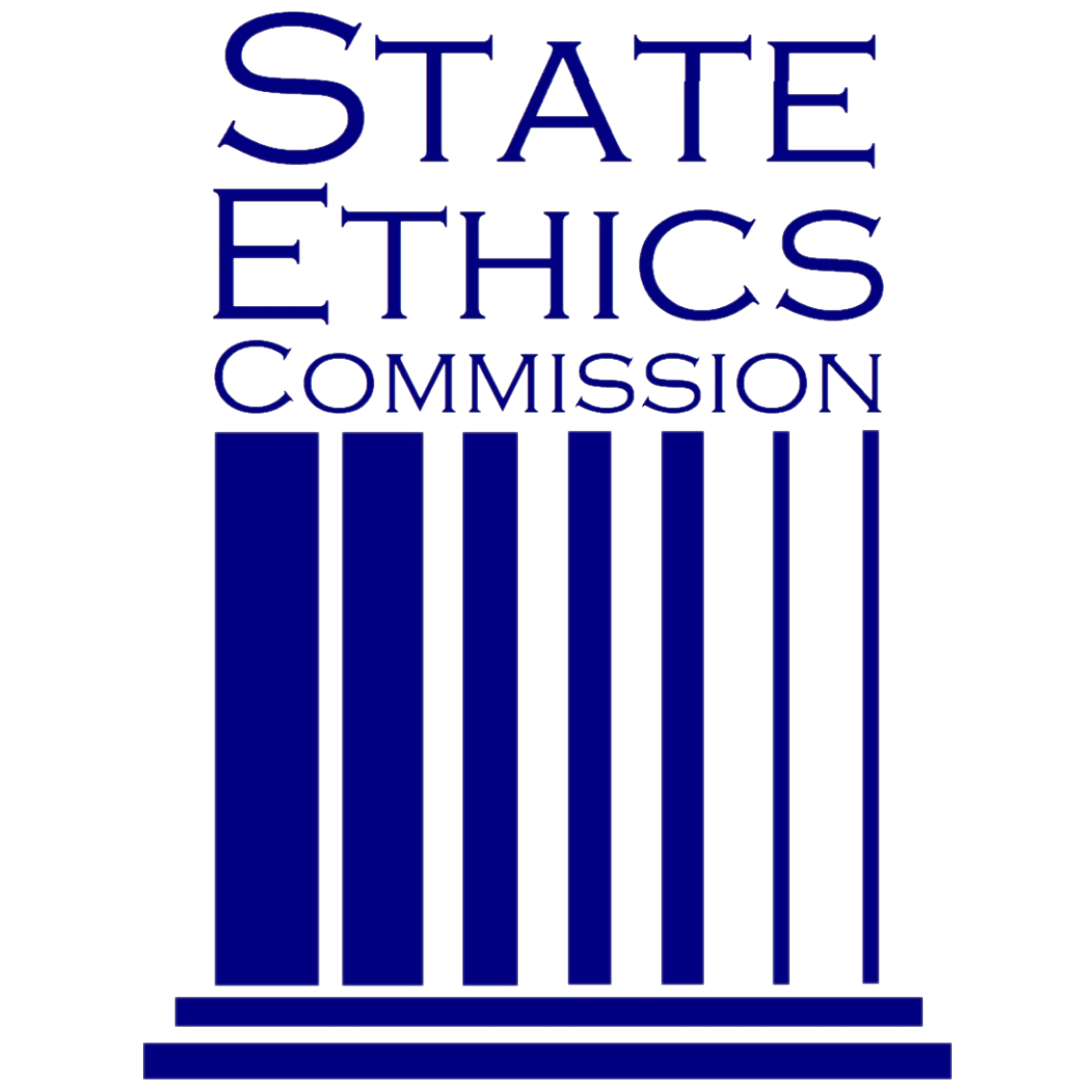- David A. Wilson, Executive Director
Media Contact
Gerry Tuoti, Public Information Officer
Boston, MA — A recently issued decision in the Suffolk Superior Court has affirmed the State Ethics Commission’s 2022 decision that Aquinnah Select Board member Gary Haley violated the conflict of interest law by selecting himself to install underground conduits for telecommunications wires for the town and by approving the town’s payment of his $17,445 invoice for the work. The Superior Court’s decision upholds the Commission’s order that Haley pay a $10,000 civil penalty for the violations.
In spring 2018, the town undertook a project to remove overhead wires at Aquinnah Circle and bury them underground. When two telecommunications companies involved in the project were unable to install the underground conduits for their wires in a trench that was dug for that purpose, Haley conferred with the Town Administrator and as a Select Board member decided that he, a master electrician, would perform the work for the town for free. After learning that a contractor for an electrical utility would not fill the trenches with sand, Haley knew that the scope and cost of the work increased significantly and decided that he still would do the work and charge the town for it. Without consulting the town regarding the changed scope of his work, Haley later billed the town $17,445 for the work and as a Select Board member approved an expense warrant that included his invoice.
The conflict of interest law prohibits municipal employees from participating in their official capacity in matters in which they know they have a financial interest. The Superior Court upheld the Commission’s finding that Haley violated this prohibition when, as a Select Board member, he decided that he would install the conduits, unilaterally decided that the town would be charged for the work, and then signed off on a warrant that included an invoice for a payment to himself. The Superior Court decision affirms the Commission’s determination that the only way Haley could not have known his invoice was included in the expense warrant was to be “willfully blind” to this fact.
The Commission encourages public employees to contact the Commission’s Legal Division at 617-371-9500 for free advice if they have any questions regarding how the conflict of interest law may apply to them.
###
